The Helping Hand of God
Some fragmented thoughts on the ongoing war in Ukraine, a letter from the iconographer Ivanka Demchuk, failed zucchini, and dinner parties
Thursday, July 7
Grand Rapids, Mich.
привіт, dear reader.
That’s Ukrainian for “hi.” I’ve been thinking about Ukraine this week. As the United States marked Independence Day, Ukrainians continued their fight for sovereignty. It has now been more than four months since Russia unleashed its war machine on Ukraine. Thousands have died in the bloody conflict, which still rages on. Yet Ukraine’s plight seems to have faded from the forefront of our minds.
Part of this has to do with the passage of time; we’ve grown accustomed to yet another report from the faraway front. Part of this must also result from other, more recent news, including much that has happened closer to home, including the controversial decisions of the Supreme Court, the revelations of the January 6th investigation, and whatever else might be going on in our own lives; each of us can only hold so much. And part of this surely has to do with how social media diverts our attention: Novelty is a drug.
I found myself wondering what things look like on the ground in Ukraine today. So I wrote to Ivanka Demchuk, the gifted Lviv-based iconographer whom I corresponded with earlier this year. She replied a few days ago to say that she was fine, and she said that she’d be glad if I shared with you what has been on her heart and mind.
“At the moment, things in Lviv are okay,” Demchuk said. “Fortunately there haven’t been any missile attacks on Lviv for the last weeks, so people here are trying to live normal life. But actually, it’s difficult to enjoy life in these circumstances.”
The people of Lviv have been dealing with been occasional shortages of food—including salt, Demchuk said—as well as gas and medicine. Its proximity to the Polish border—it’s just about 50 miles away—has helped the city weather the hardship of wartime life, especially relative to other parts of Ukraine. But inflation has been a problem there too, as it is here. And though Lviv has been relatively peaceful, the threat of violence is never far away. “Air-raid sirens are reminding us about the war. Sometimes we are not hearing them for a few days, and sometimes it could be four to five times a day,” Demchuk said. At night, “we are frightened by every unusual sound.”
Another constant reminder of the war: the ever-growing list of people killed in the fighting. “Every day, we are getting news from friends and colleagues about young warriors who have died on the eastern and southern front lines,” she said. “They are giving their lives for the independence of our country and the existence of our people.”
She told me about Artem Dymyd, 27, “a very joyful and kind person” who was the son of a fellow iconographer, Ivanka Krypyakevych-Dymyd, and a Ukrainian Catholic theologian and priest, Fr. Mykhaylo Dymyd. In 2014, after Russia occupied Crimea, the younger Dymyd said that he was going to the peninsula to buy a motorcycle, when in fact he was joining Ukrainian forces there. This past February, when Russia invaded Ukraine, Dymyd was traveling overseas. He immediately began making his way back to Ukraine, via the United States, where he bought body armor and a helmet. Demchuk told me that a flight attendant was startled to see a man wearing body armor and a helmet on board; he explained that he was headed home to fight and that he had worn the items to avoid paying extra baggage fees. Dymyd, whose nickname was Kurta (“chicken”), died fighting in southern Ukraine. At his funeral, his mother sang one last lullaby to her son.
She also told me about Vitaliy Derekh, 34, the boyfriend of one of Demchuk’s art-academy classmates: “Derekh was a legend of Plast”—Ukraine’s largest scouting organization—which he joined as a six-year-old boy and still served, at the time of his death, as a scoutmaster. He was also, she added, “a journalist, a fearless traveler, and a philosopher.” During the pro-European Maidan Uprising in late 2013 and early 2014, Derekh earned a reputation for rescuing injured fellow protesters on Kyiv’s Instytutka Street, where dozens were killed. Later, he went to the Donbas region, in Ukraine’s east, to serve. After years as a newspaper reporter, he rejoined the Ukrainian army in February and became commander of an anti-tank unit. Derekh died fighting in eastern Ukraine.
“Both of these young warriors hated war,” Demchuk said. “But they had no options—only to follow their inner voice and defend their country and everything they loved so much.”
That inner voice whispers different things to different people. Demchuk’s sent her back to work on a painting called “The Descent of the Holy Spirit.” It’s a wonder that anyone can keep creating beauty during a season of such destruction—and at first, she couldn’t. “The first weeks of war were impossible for working,” she said. She had begun this piece before the fighting started, and she stubbornly kept returning to it. Soon her discipline started to produce solace: “It was helping me a lot. I got through all the terrible happenings with this work. It gave me hope and strength.” Perhaps there’s a reminder for many of us in Demchuk’s persistence: Amid the ugliness of war, the pursuit of beauty is a worthy form of resistance. Amid the profanity of human conflict, reminders of the sacred are needed more than ever.
Now that “The Descent of the Holy Spirit” is nearly done, the collector who commissioned the piece “is kindly allowing me to keep it,” Demchuk said. “I experienced so much with it.” When it’s finished, “I’m planning to do something [with it] that will be directly connected with what is currently happening in Ukraine.”
“This war has changed all of us,” Demchuk told me. “Life and the understanding of life will never be same. We have started to value every moment of being together and really understand what are the most important things.” She has been reflecting on how the tribulations of recent months have sapped the faith of many of her neighbors. “After all the terrible things that have happened, some people are losing it, as they cannot understand how God could allow it,” she said. “Their homes were destroyed, and families died.”
For her, the war’s effects have felt somewhat different. She has seen “the embodiment of the divine principle in many humans,” she said. The self-sacrifice and generosity she has witnessed around her have moved her deeply: “Some people started to act as I think nobody was expecting from them—saving others, taking risks with their lives, helping those who need it most, being sympathetic and merciful,” she said, all amidst “the experience of the cruel and bloody war. For me, the helping hand of God comes often in circumstances when we don’t expect it—through the people nearby.”
Why does one person’s faith erode amidst hardship while another’s seems to endure and even grow? How does one heart falter while another summons hope? Especially in circumstances like these, it seems yet another cruelty that an individual’s faith should turn out not to be enough. Perhaps, though, that’s another reminder of the importance of community, near and far. When your neighbor finds their reserves of hope diminishing, you can lend them some of yours. When your storehouse of goodwill feels depleted, there’s someone else who has enough to share. When your well of mercy has run dry, a word of kindness or a gesture of benevolence from afar might help to replenish it just a bit.
When I asked what Demchuk might like to say to those of us outside Ukraine, she first expressed gratitude for the ways in which the love of so many around the world has radiated into the places that have needed it. “You are saving us by your huge support and prayers,” she said. Yet she also added a sobering note, one that implicitly addressed the fatigue of war and how we can so quickly become complacent, even accustomed to the drumbeat of sorrow. “At the moment, nothing has changed, and the terrible war is continuing,” she said. “Please don’t forget about us.”
What I’m Growing: We’ve had much-needed rain here over the past few days, after an unusually dry June. A normal June brings about three inches of rain; this year, we got less than an inch. The vegetables in our yard have performed beautifully. But my community-garden crops are growing more slowly than they have in years past. The beans and sunflowers are doing okay. But the potatoes aren’t recovering from the beetle attacks, and once again, my zucchini have failed. In three seasons, my entire harvest consists of enough zucchini blossoms for one appetizer. I wonder if next year I might give up on starting them from seed and instead buy seedlings from a local farmer. Because our house has been a construction site for the past nine months, I didn’t start any seeds indoors this season. For the first time, I bought tomato plants—an admission that sometimes I do need help. They’re doing quite well, and when I was at the garden earlier this week, a carpenter bee reminded me again that there is so much that’s beyond me—and that’s okay.
What I’m Cooking: Our friends Noah and Kristen came over on Saturday evening—our first dinner guests this year. Noah is like a brother to me, so it seemed fitting that these dear friends who are like family should be the first to share a meal from our new but still half-finished kitchen. We started with fried wonton, which I stuffed with ground pork and chives from the yard. The bok choy that we’re growing is still going strong, so I stir-fried some with tofu and mushrooms. The last of our backyard spinach, which has bolted in the summer heat, went into the fried rice, along with brisket that Tristan brought back from his last trip to Texas, red and yellow pepper, and onion. We also had red snapper with ginger and scallion, soy sauce chicken, and Chinese greens with lots of garlic, which I cooked in my grandmother’s old and battered wok.
To me, this seems like an appropriate amount of food for four people. Earlier that day, I’d said to Tristan, “You know I’m going to cook too much food.” That was actually a translation of the words running through my brain, which were, “You know I’m going to cook the right amount of food.” In Chinese culture, it’s a failure if you don’t have leftovers. If you cook “just enough,” that means you dishonor your guests by not cooking enough at all. We had leftovers. And as we’ve eaten them over the course of this week, I’ve felt such gratitude that we’re once again able to welcome friends to our table and share in the goodness that is a nourishing and abundant meal.
What I’m Reading: Speaking of dinner parties, the film and culture critic Alissa Wilkinson has a new book out called Salty: Lessons on Eating, Drinking, and Living from Revolutionary Women. In conjunction with the book’s release, she wrote a piece for Bon Appetit magazine about the power of dinner parties. I talked with Alissa a little about why I always serve dinner family-style. And she writes about how dinner parties can be sources of belonging and comfort, freedom and relief.
The small town of Huachuca City sits in the southeastern corner of Arizona, a little more than 20 miles north of the U.S.-Mexico border. The arid climate and the desert soils make gardening a challenge. Four years ago, a Huachuca City resident had a vision for a community garden that would both honor the ecosystem by using time-honored water-saving techniques and deepen intergenerational relationships by providing vegetables to senior citizens and teaching youth new skills. One of the most striking things to me about this Modern Farmer story is precisely the community aspect: You can see how private citizens and public officials, a landscape designer and soldiers from nearby Fort Huachuca all come together, using what they have and doing what they can to help a garden—and a town—flourish.
I hope that, somewhere in your life, somehow in your coming days, you will glimpse “the embodiment of the divine principle” and “the helping hand of God,” as Ivanka Demchuk put it. As always, I’d be glad to know what’s on your mind.
I’m so glad we can stumble through all this together, and I’ll try to write again soon.
All best,
Jeff

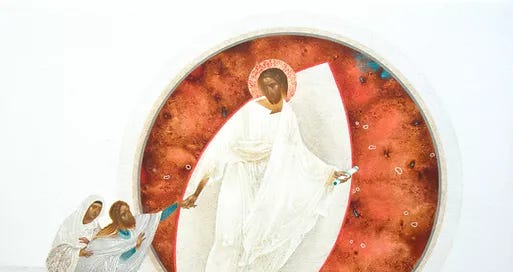


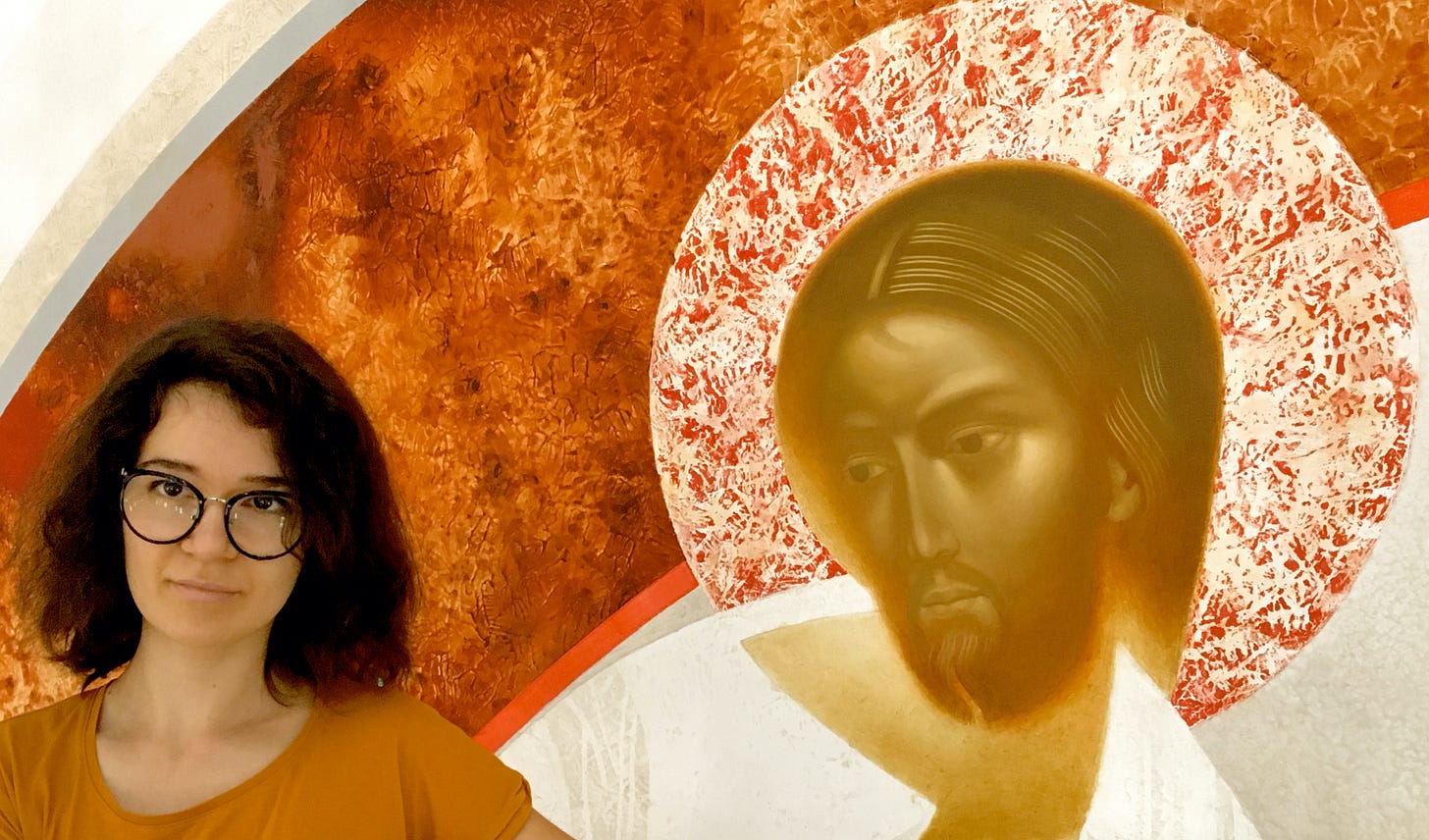
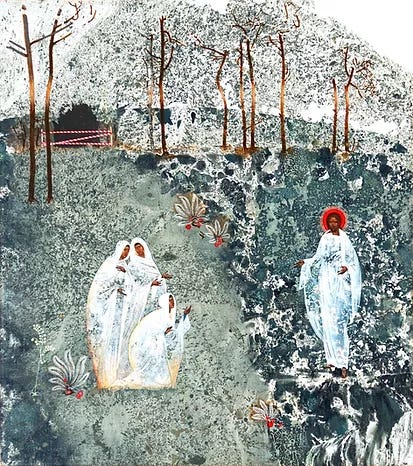

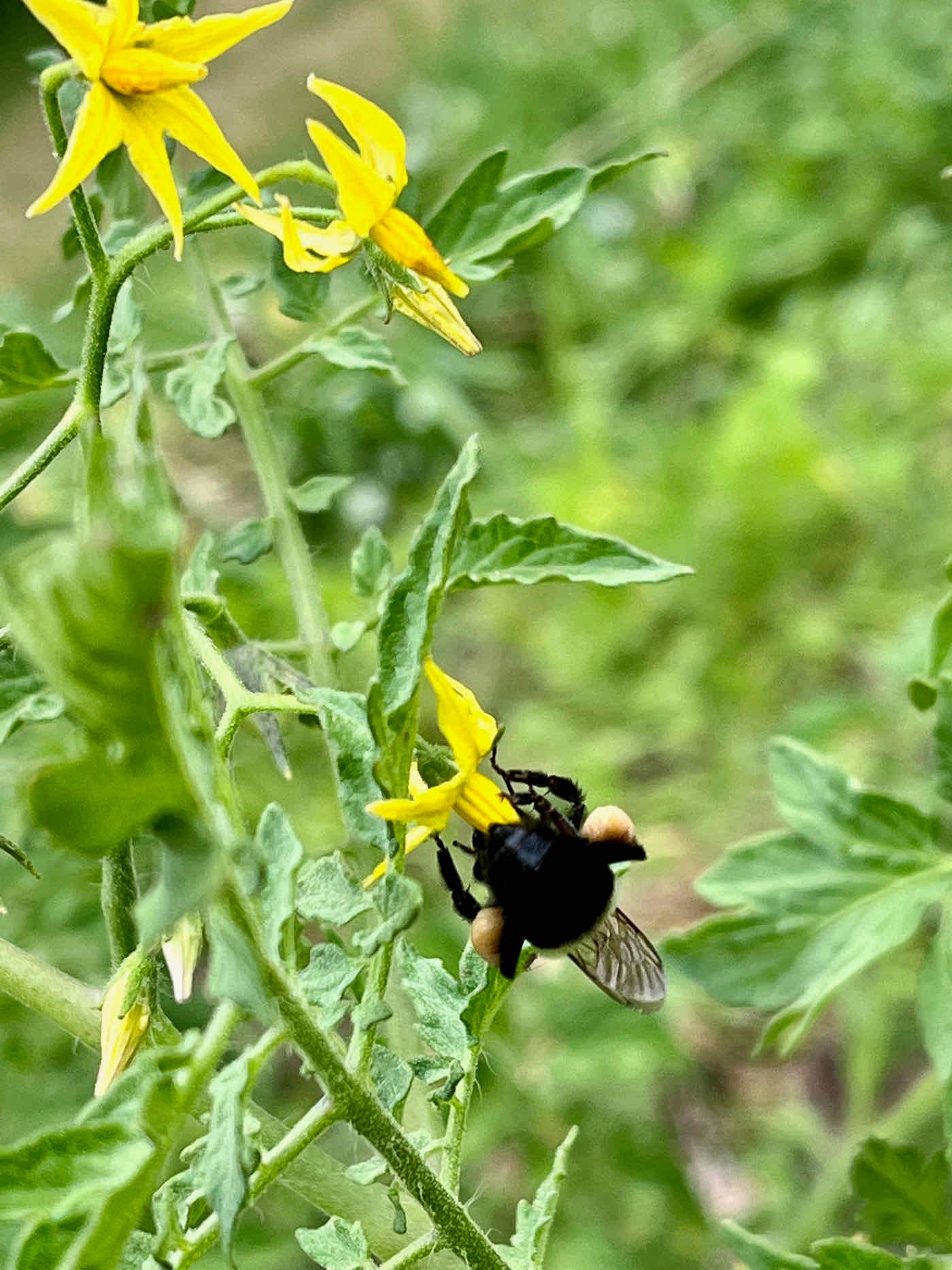
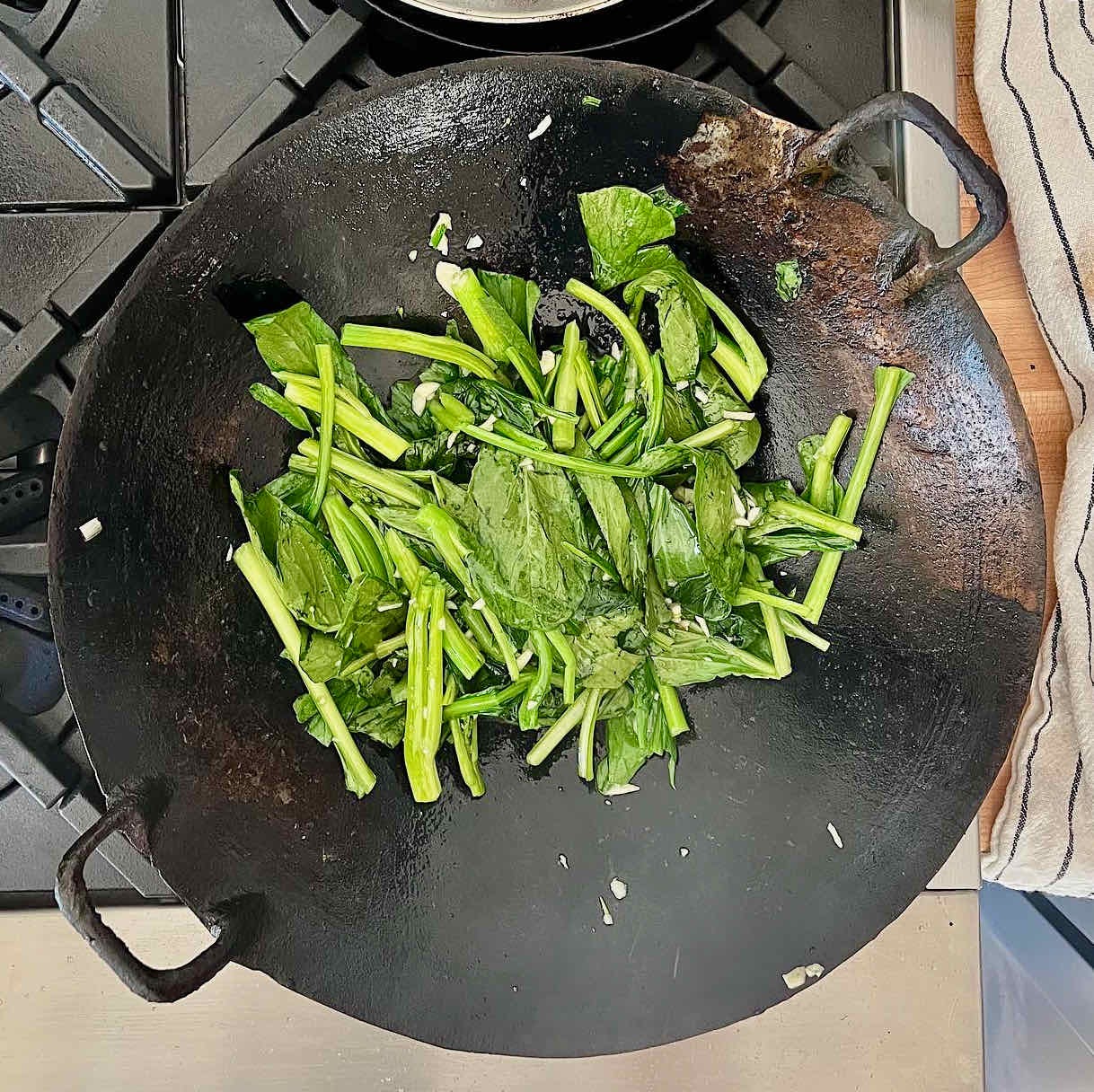
I loved this entire post, but especially what you shared from the artist in Ukraine. These words are so true: "Amid the ugliness of war, the pursuit of beauty is a worthy form of resistance. Amid the profanity of human conflict, reminders of the sacred are needed more than ever." Thank you, Jeff.
Thank you, Jeff, for sharing Ivanka's thoughts with us. I'm pondering the question of why some of us are emboldened in our faith by hardship and some of us falter. Finding and leaning into communities that can offer an arm of support or a glimmer of hope is so crucial to me when sometimes I just want to give into despair. I'm trying to find the face of God wherever I can, and perhaps even be the face of God on my good days.